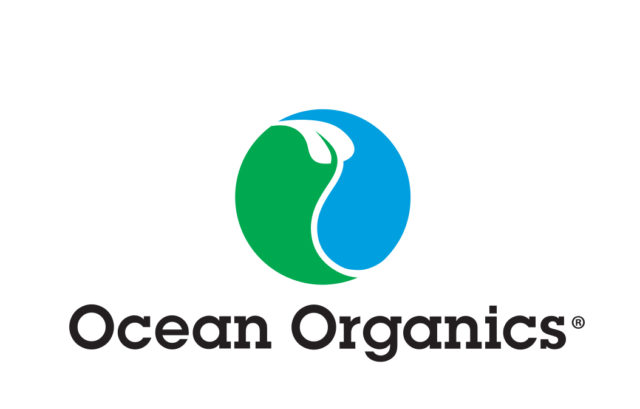Higher buildup coatings can carry more active ingredients that may enhance agronomic benefits for young seedlings. These benefits from the components of the coating have led to a large increase in market share of coated seed.
Today’s functional seed coatings focus on maximizing the number of healthy plants established from each pound of seed. Farm and university studies over the years have shown that when planting alfalfa at the standard recommended rates, you can be confident in planting coated seed at the same rate you would raw, uncoated seed.
Where does coated seed do its best? Planting under ideal conditions, excellent soil preparation and favorable weather, uncoated and coated perform the same.
Both excel and produce a great stand. Coated seed, however, performs better in less-than-ideal planting and weather conditions, protecting the seed and seedling as it is trying to get started.
The practice of replanting alfalfa has been markedly reduced due to reduced planting risk afforded by coated seed. National seed companies collect a significant amount of data each year to evaluate their sales markets and to determine where they need to improve their products.
Alfalfa seed, due to its small size and shallow planting depth, is particularly susceptible to unsatisfactory stand establishment. Reducing the risk of stand loss and reduced replant issues are good for both farmers and seed companies.
Two major companies that shared their data found that replants occurred less often when the farmer had used coated seed. The data from one company showed the replants were 30 percent less than just pre-inoculated seed; another company’s data showed that their replants were 50 percent less.
Although replants happen on a very low percentage of acres, when coated seed was planted there was a significantly lower number of stand establishment failures. With the high opportunity cost for land today, the benefits of reducing risk of stand establishment failures is huge.
Coating processes have evolved into much more specialized and sophisticated methods than five years ago. The use of hydration polymers, mycorrhizae, fungicides, insecticides, micro nutrients and bio-enhancers are new developments being used in coatings for alfalfa seed.
The areas where we see the greatest benefits for seed coating are when a combination of several enhancement properties are being applied.
The super-hydration polymers are helpful in keeping the seed moist during germination and holding the moisture to keep the germination process moving to maximize emergence of the seedling.
The polymer also keeps the active ingredients, micronutrients and other enhancements close to the seed for maximum benefit. Many of these components are used in small amounts and tend to leach away from the seed during germination.
The polymer holds it next to the seed for maximum benefit. Lab studies have shown the polymers are able to lock the components next to the seed for maximum benefit.
Crop protection companies are also doing more research on adaptation of their products into seed enhancements for alfalfa. Seed treatments are more environmentally friendly in that you are applying them at point of use and for selective control.
The use of more sophisticated beneficial treatments for corn and soybeans makes it easier for these treatments to be accepted on other crops.
Coated seed would allow for the combining of multiple treatments within the coating rather than being able to add a single treatment over the top of the growing plant.
The future for seed treatments and enhancements in alfalfa and forages is bright, and the variety and benefits of seed coating products will continue to increase dramatically.
Seed coating companies will continue to bring these new products to alfalfa growers through the development of even more sophisticated and enhanced seed coatings.
The benefits of these new coatings will continue to reduce stand establishment risk for growers and produce an increase in healthier plants per pound of seed planted. FG
Bill Talley is the President of Summit Seed Coatings. He can be reached at williamatalley@bellsouth.net









